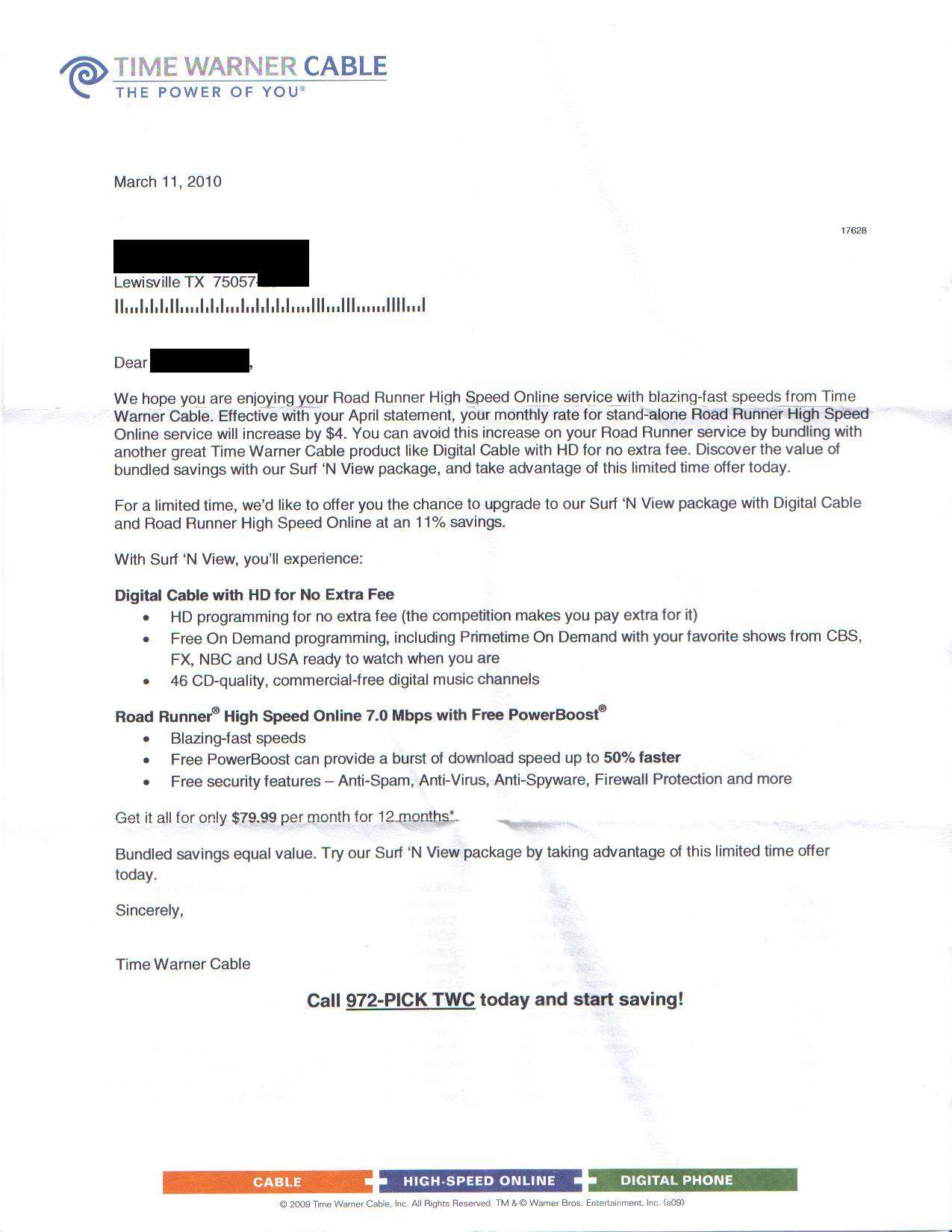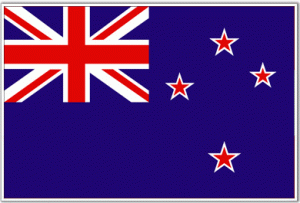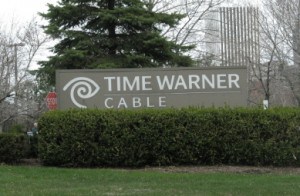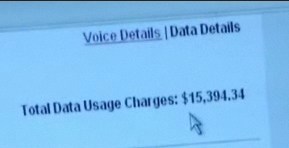 Time Warner Cable chief operating officer Landel Hobbs told investors at a recent conference Time Warner Cable can increase broadband prices whenever they want, and the company is following through with another $4 monthly rate increase for customers in select cities with standalone broadband service.
Time Warner Cable chief operating officer Landel Hobbs told investors at a recent conference Time Warner Cable can increase broadband prices whenever they want, and the company is following through with another $4 monthly rate increase for customers in select cities with standalone broadband service.
A Stop the Cap! reader in Lewisville, Texas shared the news straight from his mailbox:
We hope you are enjoying your Road Runner High Speed Online service with blazing-fast speeds from Time Warner Cable. Effective with your April statement, your monthly rate for standalone Road Runner High Speed Online service will increase by $4.
Time Warner Cable offers to waive the increase if customers sign up for one of their bundled service packages. For residents of Lewisville, northwest of Dallas, Time Warner suggests the Surf ‘N View Package with Digital Cable. Signing up for that will increase your bill even further, but the company is offering a 12-month promotional rate to standalone service customers, charging $79.99 a month for both cable television and 7Mbps broadband service.
The rate increase is not limited to customers in Texas. Customers in California are also being notified of upcoming rate increases.
Some half million Time Warner Cable customers in the Los Angeles area can expect rate increases averaging 4.5 percent. Most of those customers are in the San Fernando Valley, according to a Time Warner Cable spokesman.
Los Angeles Times‘ columnist David Lazarus was unimpressed with yet another rate increase from the company.
There’s definitely an art to informing customers that you’re about to smack them upside the head.
About 500,000 Time Warner Cable customers in Southern California probably knew they were in for trouble when they received a letter the other day that began:
“At Time Warner Cable, we strive to bring you the best products and services available.”
Does a sentence like that ever signal anything except bad news?
Time Warner takes two full paragraphs to clear its corporate throat before it finally gets to the point:
“We are making some adjustments effective with your next billing statement. Certain services, packages and equipment prices will change.”
Even then, the company can’t quite bring itself to clearly state that prices are going up again. The letter refers only to “price adjustments,” and nowhere does it say that your cable bill is about to get more expensive.
You have to make your way to the back page of an enclosed pamphlet to finally learn that the cost of the typical cable package is rising by as much as $3.04 a month.
That’s a more than 4% increase, or nearly twice the inflation rate last year.


 Subscribe
Subscribe








